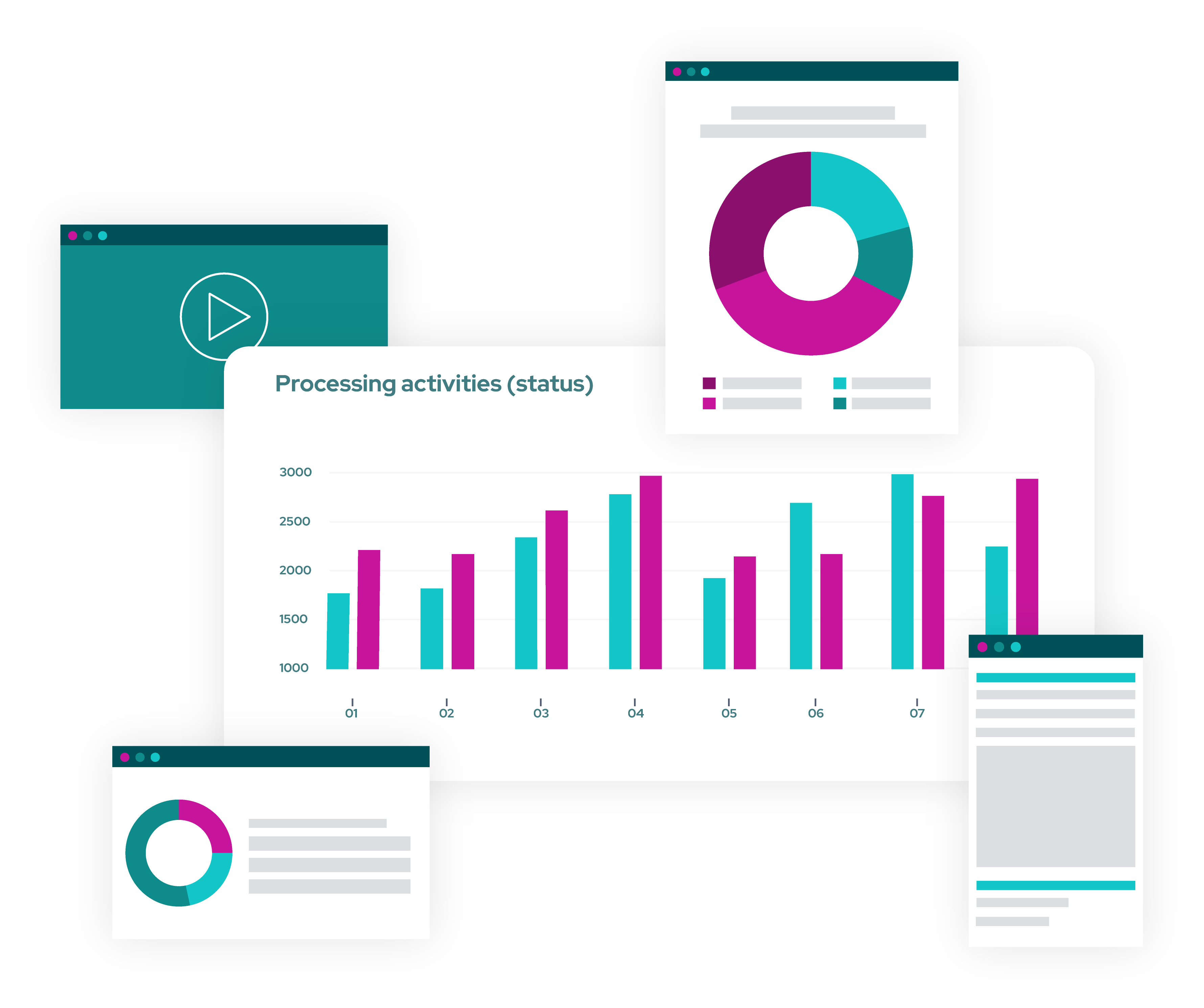Legitimate Interest Assessment
Easily conduct your Legitimate Interest Assessment (LIA) – or Balancing Test – to determine whether ‘Legitimate Interest’ is a valid legal basis for the processing activity.
Implementation speed





















Simplify and speed up your LIAs

Kalle Numelin - Group DPO & Legal Counsel, Fintraffic
“After a year of use, RESPONSUM feels like a once-a-week part-time law student doing the administrative work for our privacy team.”
Linked to your RoPA
Whenever you select ‘Legitimate Interest’ as a legal basis in your ROPA, a LIA will be triggered automatically, so you’re sure you have covered all your bases in case of an audit.
Automatically generate risks
Whenever you complete a Legitimate Interest Assessment, RESPONSUM will automatically generate risks associated to that LIA, which you can further manage in our Risk Management module.
Get the right information from the business
Enhance communication with other departments by immediately reaching out to colleagues through our built-in communication / task delegation features.
Automated balance score
RESPONSUM will immediately calculate the results of your balancing test, so you can take appropriate actions.
Backed by industry experts
Meet our squad of industry thought leaders guiding our future, but let’s get real – what matters most is you. Our customer advisory board is here to listen and shape our roadmap based on your needs. We’re all about balancing quick wins and the big picture. Together, we’ve got this!

What is Legitimate Interest?
According to the GDPR, legitimate interest is one of six legal bases you can use to process personal data. When personal data is being processed based on legitimate interest, you should perform a legitimate interest assessment – also known as LIA. This is a kind of risk assessment that determines if it is a proper legal basis for processing.
Legitimate interest defers from the other bases because it does not have a particular purpose and it’s not based on consent. It is an easy go-to base when the others do not fit. To avoid misuse or fines, an LIA is recommended to help affirm that legitimate interest is a proper base.
When a LIA is conducted, you demonstrate that you have done your research in confirming the legitimacy of your processing. It proves that you are compliant and it helps you to align with the accountability principle.
- Consent
- Contract
- Legitimate interest
- Vital interest
- Legal obligation
- Public interest

Challenges of a LIA
Specific purpose
When using legitimate interest as a lawful base, you need to be specific about the purpose of processing, avoiding being vague and unclear. The processing must be necessary for that purpose.
Past actions documentation
In order to be compliant and meet the accountability requirement in GDPR, organizations are required to document their past assessments and actions – not an easy feat in a spreadsheet.
Receiving information in time
Often, the biggest time-consumer is receiving information from colleagues. Everyone is busy, and it’s up to the privacy team to properly follow up on their requests.
Experience RESPONSUM through 3 simple steps
Book a free demo with one of our experts
Tell us your situation, and we’ll show you how RESPONSUM meets your needs. If we’re a fit, we’ll provide a free trial!
Experience RESPONSUM through a free trial
The proof is in the eating of the pudding. See it for yourself with a custom tenant for your organization, free of charge!
Gain full control over your privacy operations
Automate your privacy processes and have all information available in one easy-to-use environment.

Perform LIAs easily
Book a demo with one of our privacy experts and simplify your LIA process instantly.


